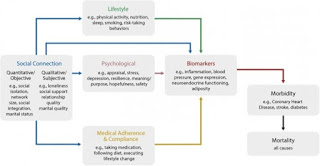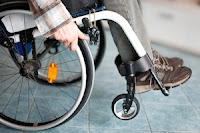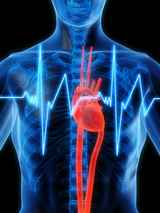Farting is a way of life - literally speaking. It is an essential aspect shared by all species . The technical term for fart is flateuis. Humans fart as a result of our digestive system. When food is ingested, we also take in air. That same air needs to be released from our system. in addition, when the food is being further broken down in the small intestine for nutrient uptake, the elements that are unable to be digested are further broken down by bacteria that inhabit the large intestine and colon. The bacteria carry out fermentation, and the byproducts released are hydrogen sulfide, oxygen, nitrogen, hydrogen, and methane gas. These elements compose gas, which is otherwise known as flatus.
The rate at which one passes gas highly depends on the person’s diet. The more carbohydrates one intakes, the more likely they are to pass gas given that elements such as sugars, fibers, and starches cannot be fully broken down in the small intestine alone. Eating foods such as beans, wheat, and even drinking soda can make you fart more than usual. Now what gives a fart its funky smell is the hydrogen sulfide. The richer your food is in sulfur, the smellier your fart will be. The smell of your gas can also be indicative of other health concerns; if the smell is always bad, it can be a sign of an infection. But keep in mind that the state of your stool also changes, so do not be too paranoid. So please, keep in mind the food that you do eat before heading out in order to spare those that are around you.
Source of article: http://www.foxnews.com/health/2014/04/01/passing-gas-101-what-your-flatulence-patterns-mean-for-your-health.html
Post by: Soffie Jobarteh














